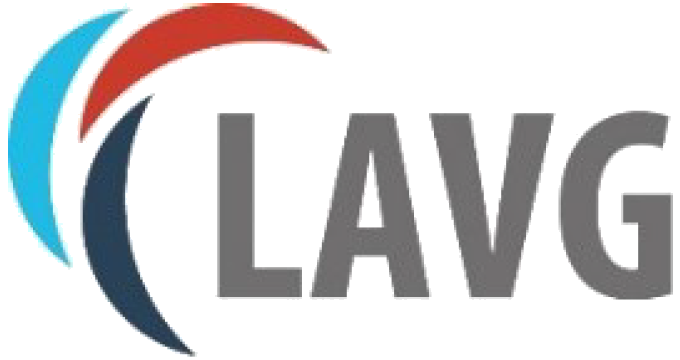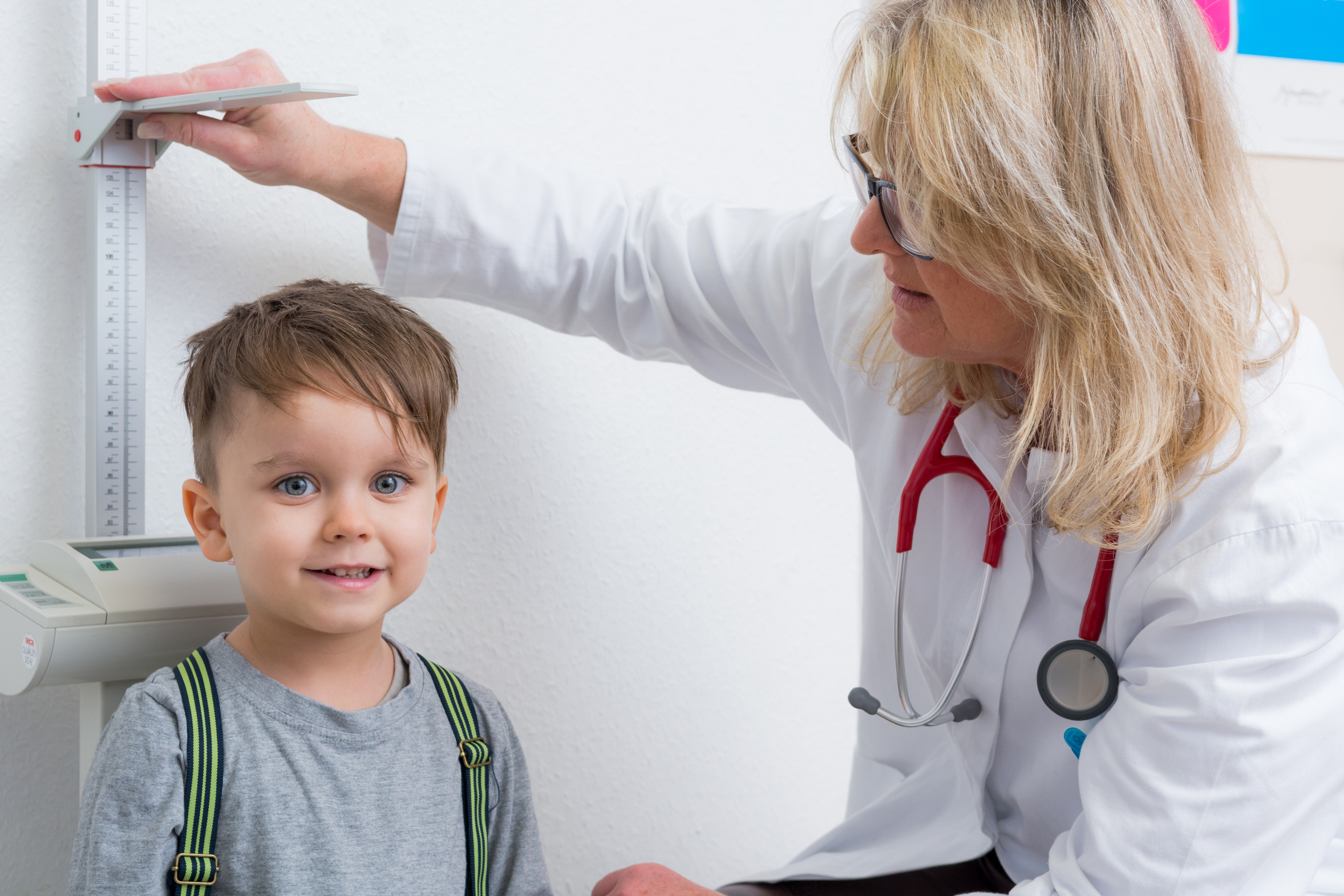Central Invitation and Reporting Office (ger. ZER)
Welcome. Let us introduce ourselves.
As part of the amendment to the Brandenburg Health Service Act (BdgGDG) in spring 2008, the Central Invitation and Reporting Office was launched for the early screening of children and young people as planned for under paragraph 26 of the 5th Social Security Code and under paragraph 7 of the Brandenburg Health Service Act. The central office was set up at the State Office for Occupational Safety, Consumer Protection and Health (LAVG) to carry out the entire process.
All children from the 9th month of their life up to the start of their 13th year of their life are invited to take part in early detection screening (U6 to U9, J1). The early detection screening programmes are an important part of health care and one which helps to detect diseases which can be a not inconsiderable danger to the physical and mental development of children early. Further medical treatment can then be recommended. If you have any questions about specific details of the early detection screening, we recommend that you contact your health insurance fund or the German paediatric society BVKJ.
|
U |
Screening period |
Tolerance limit |
|
U6 |
10th - 12th month of life |
9th - 14th month of life |
|
U7 |
21st - 24th month of life |
20th - 27th month of life |
|
U7a |
34th - 36th month of life |
33rd - 38th month of life |
|
U8 |
46th - 48th month of life |
43th - 50th month of life |
|
U9 |
60th - 64th month of life |
58th - 66th month of life |
|
J1 |
13th - 14th year of life |
12 months before and after |
The letter of invitation from the central office provides information about the content and purpose of the pending screening examination and explains the statutory basis. The aim is to bolster good parenting and increase acceptance and the motivation to take advantage of early detection screening.
For the early detection screening programmes U6, U7 and U8 the registered doctors have the obligation to immediately send confirmation of the screening examination which has taken place to the central office. The letter of invitation from the central office is already laid out as a response form, so that the doctor's surgery has the least amount of inconvenience; they merely have to add the doctor's stamp and the date of the examination. In cases where the family are unable to present the letter of invitation from LAVG at the examination, the doctor's surgery can use a substitute form (“response fax”) provided by LAVG. The response does not contain the results of the child's screening examination, but merely confirms that the child has taken part in the screening programme.
If the central office does not receive a response by the end of the respective screening period and exactly 2 months before the tolerance limit mentioned above, then a second letter, a so-called reminder letter, is sent to the family. If no response has been received by the central office and it therefore remains unclear whether the child has undergone the early detection screening, then exactly 1 month before the deadline for the tolerance limits for U6, U7 and U8 screening programmes the child's data is passed onto the relevant health office responsible. The decision on what motivation measures are necessary and appropriate to sustainably increase the number of participants lies within the area of responsibility of the district and town councils.
Do you have any questions about the Central Invitation and Reporting Office?
Call our hotline on 033702 71141, open every working day.


